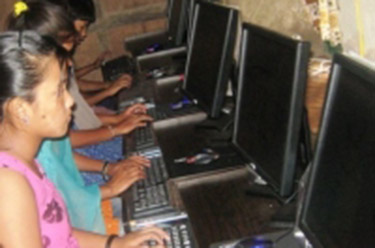From good intentions to actual effects

A Dutch steel company provides local communities in the Sahel with simply serviced hand pumps. A horticultural company trains farmers in Africa and Asia. An installation company supports vocational training for girls in Kenya.
These are examples of good projects started by Dutch companies in developing countries. But what barriers to these companies face? How do they find, for example, a reliable social organization to work with? And how do they ensure that they move from good intentions to actual effects?
Lessons learned
Socially Responsible Enterprise (SRE) is making a contribution to society through the provision of people, money, resources, materials and/or media. It is an umbrella term that can cover a variety of projects. In an assignment from MVO Netherlands, CREM assembled the lessons learned by Dutch small and mid-sized businesses in the area of socially responsible enterprise in developing countries.
Findings from companies
CREM interviewed 20 companies that had carried out an SRE project in a developing country. We uncovered number of interesting findings. For example, many companies misjudge the lead-time for the project at first. They also face difficulties in building a relationship with government agencies in the country where the SRE project is taking place.
Win-win situations
It was striking that all of the companies interviewed were very satisfied with the results of their contribution, even though most projects have so far cost more than they have delivered. The satisfaction comes from the feeling that these types of projects create win-win situations such as an increase in employee commitment and a better connection with clients, which are also important factors in the success of a company.
More info: Victor de Lange

